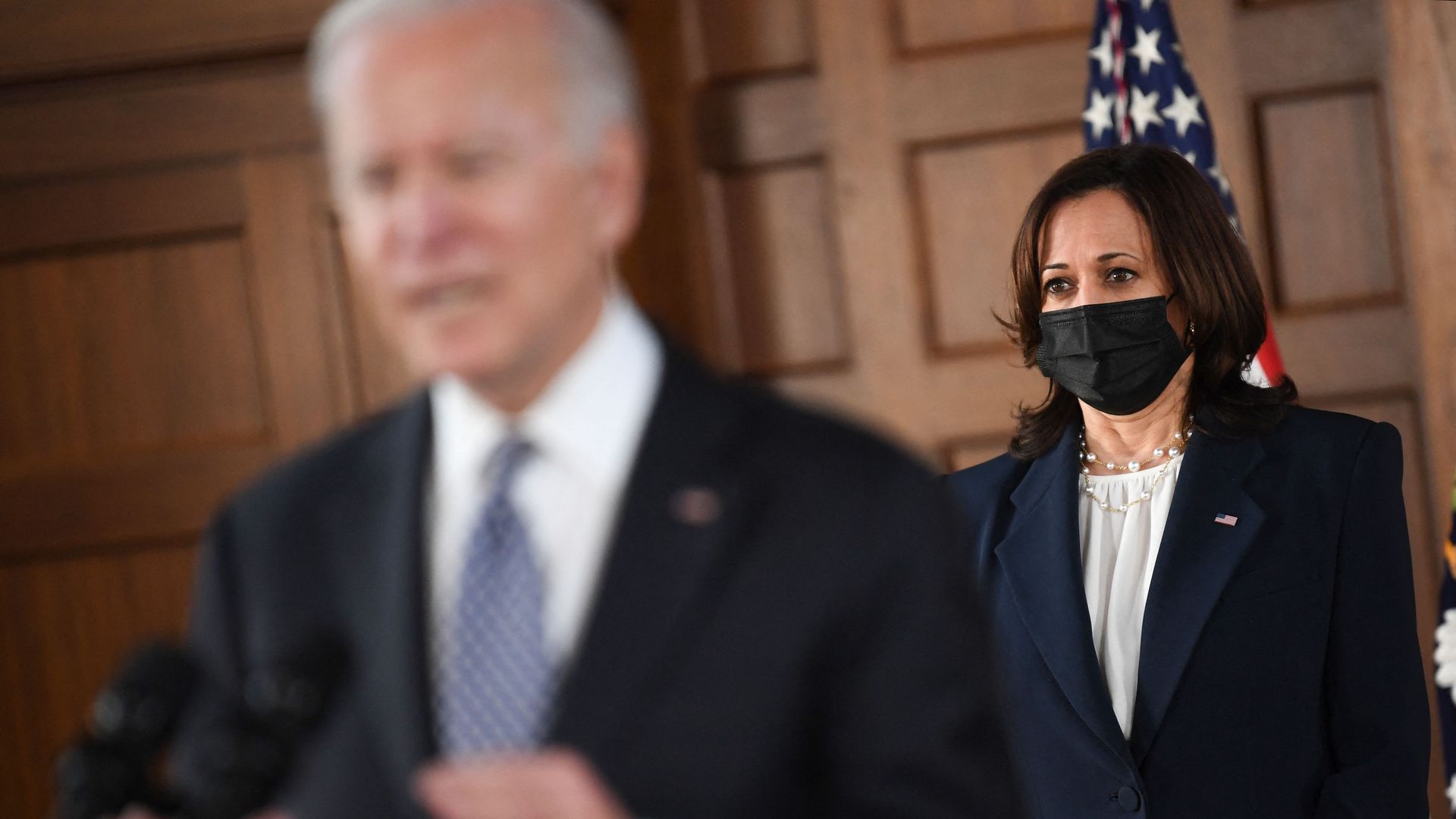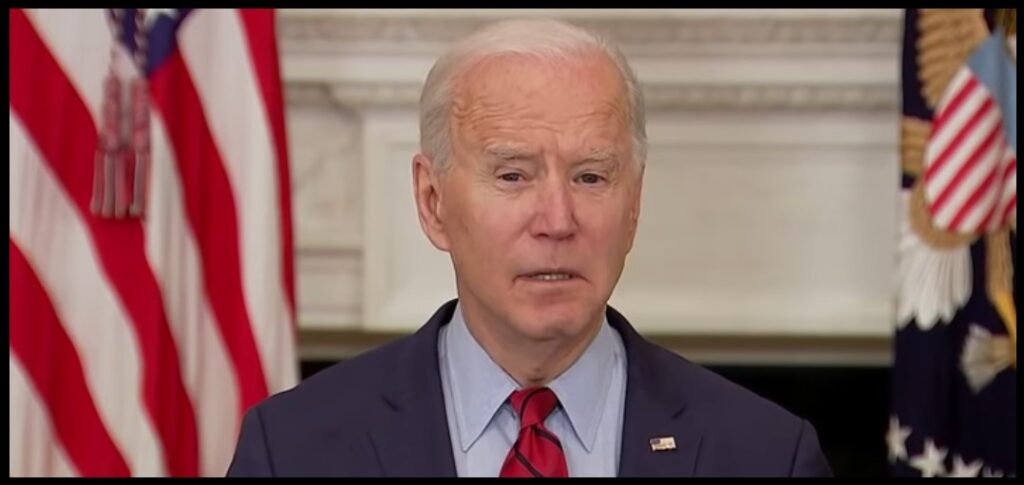This is something CTH has discussed since the early aftermath of the 2020 election. The once whispered approach is now an open discussion. As you read the linked Politico article remind yourself of the bigger picture.
 While it might sound innocuous for the U.S. Dept. of Homeland Security to monitor the travel habits & patterns of Americans they define as ‘domestic extremists’, we would be prudent to remind ourselves that political affiliation is just as easily defined as ‘extremism.’
While it might sound innocuous for the U.S. Dept. of Homeland Security to monitor the travel habits & patterns of Americans they define as ‘domestic extremists’, we would be prudent to remind ourselves that political affiliation is just as easily defined as ‘extremism.’
DHS is considering not only tracking American people defined by the U.S. intelligence apparatus as ‘extremist’, they are also debating the manner and processes of intercepting, questioning and searching those individuals.
As we have seen from the factual example of the January 6th DC protest rally, if you attend an event labeled as ‘extremist’ by a 20-something ideologue with access inside the system, you may find yourself on a “no-fly” list.
Expand your thinking to what was initiated with the COVID model for “contact tracing” and you can quickly see how physical proximity to a rogue dissident, a person with wrong thoughts – aka a domestic extremist, can result in you being labeled along with that dissident…. and you are on the list. Then overlay the efforts of Big Tech to assist the administrative state with an electronic trail of your habits, contacts, phone calls, text messages and internet patterns…. and you are on the list.
Remind yourself what FBI “contractors’ with access to the NSA database already did in their quest for political opposition research and surveillance. Then overlay all of the above and you get an alarming picture that is not something to dispatch. This is a very serious matter in a nation that prides itself on freedom and liberty.
WASHINGTON DC – The Department of Homeland Security is considering monitoring the travel of domestic extremists and expanding its use of the No Fly List, law enforcement sources told POLITICO.
The discussions are part of the Biden administration’s strategy of treating domestic terror as a national security threat, and not just a law enforcement problem. They’re also part of broader conversations in government about how to use tools developed for the Global War on Terror to combat domestic extremism. And, if past is prologue, the approach could prove politically contentious.
The department could begin analyzing the travel patterns of suspected domestic extremists, monitor flights they book on short notice and search their luggage for weapons, a senior law enforcement official told POLITICO. There have also been discussions about putting suspected domestic violent extremists — a category that includes white supremacists — on the FBI’s No Fly List, the official said. When suspected extremists travel internationally, officials may be more likely to question them before they pass through customs and to search their phones and laptops.
A second law enforcement official told POLITICO that conversations about monitoring domestic extremists’ travel have involved multiple federal agencies at the interagency level, including the FBI.
“Domestic violent extremism poses the most lethal, persistent terrorism-related threat to our homeland today,” a DHS spokesperson said in response to a request for comment. “DHS is committed to improving security and is reviewing options for enhancing screening and vetting protocols and travel pattern analyses, consistent with privacy, civil rights, and civil liberties.”
The FBI declined to comment. (read more)
When we see all of these shootings attached to the FBI’s previous knowledge of the suspect, we must be cautious about what we would ask for lest we suddenly realize there is a direct motive here for the FBI not to stop a domestic terrorist from carrying out their agenda.
Perhaps, just perhaps, the FBI is allowing these shooting incidents to take place in order to provide fuel for people to demand a solution…. that opens the door to the labeling of people as domestic threats as a proactive measure…. and that carries all of the ramifications outlined above.
…Oh, but the FBI would never do that right?…
The FBI knew in advance the identity of Ahmad Al Aliwi Alissa. And the Pulse Nightclub shooter. San Bernardino terrorists. Boston Marathon Bombers. Garland Texas shooters. Parkland High School shooter. Fort Hood shooter.
— First Words (@unscriptedmike) March 23, 2021
Never has one entity known so much and done so little.













